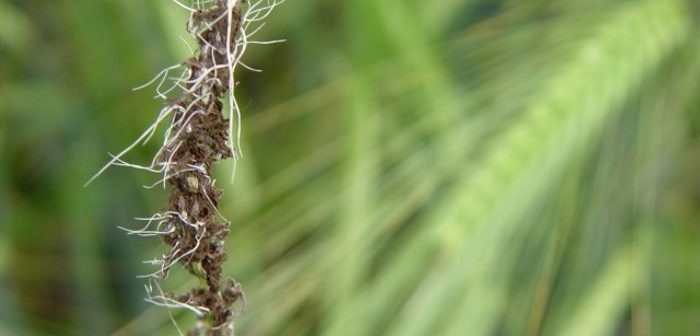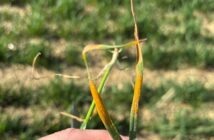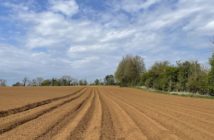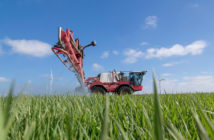With the loss of a popular triticonazole and prochloraz product, growers will have fewer seed treatment options when it comes to protecting their wheat and barley seed this autumn.
“This is another single-purpose dressing (SPD) that will no longer be available,” says Claire Matthewman, Campaign Manager for Seed Treatments at Bayer. “For wheat and barley growers, controlling soil- and seed-borne diseases is critical, so growers need to be aware that some of the options for doing so are being further reduced.”
SPDs provide activity against seed- and soil-borne diseases, including leaf stripe, bunt, loose smut and Fusarium. Ms Matthewman notes: “With diseases like loose smut on the rise this year, growers need to start looking for alternatives when it comes to treating their seed to help safeguard their yields.”
But Ms Matthewman also warns that not all SPDs give the same level of disease control: “We’ve found through trials that not all SPDs have the same efficacy. So it’s important to make sure you use a quality product – a treatment like Redigo Pro (prothioconazole and tebuconazole), which protects against all major seed- and soil-borne diseases, is key in ensuring broad spectrum control.”




